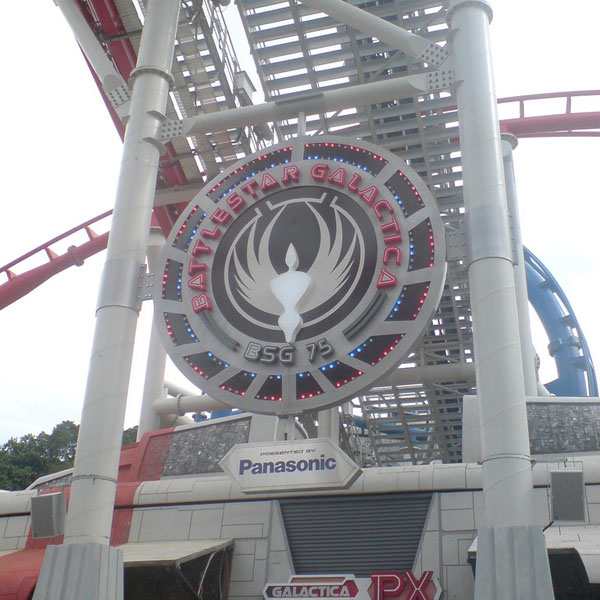
April 4, 2019; WTOP
While NPQ has written before about using games to raise money for a nonprofit, we thought it was worth lifting up an interesting creative variation on the theme being put into practice by 826DC, a nonprofit that, as Rachel Nania of WTOP explains, “provides free creative and expository writing programs” to youth in Washington, DC.
The nonprofit, formerly known as the Capitol Letters Writing Center, has been around since 2008 and earned $700,000 in revenues in 2016, according to its most recent Form 990 filing. The organization uses those revenues to support a range of programs, including student publishing, an afterschool writing lab, field trips, writing workshops, and a reading all-star program. Nania notes that “826DC’s programs—which range from in-school curricula to after-school writing labs, even book publishing courses for aspiring authors—reach more than 4,000 local students, some of whom have acquired national recognition.”
For its annual fundraiser, the nonprofit has chosen to raise money “at the Ping Pong table, not the dinner table.” The name of the fundraiser is, what else? Paddlestar Galactica, a game where playing skill is rewarded, but where you can also pay to get an edge—with the nonprofit literally taking all of the money that players fork out for their advantages to the bank.
Sign up for our free newsletters
Subscribe to NPQ's newsletters to have our top stories delivered directly to your inbox.
By signing up, you agree to our privacy policy and terms of use, and to receive messages from NPQ and our partners.
As Nania explains, players compete in a “bracket-style tournament [to] raise funds for the competition, which go into a ‘bank’ they can access on game day. When the match starts, players can use the money in their banks to buy ‘cheats’ in order to give them a leg up over their opponents.”
A list of what players can buy is below:
| Cheat | Description | Price |
| “Paddle-fracked” | Your opponent must use their hand as a paddle. | $200 |
| “Tigh One On” | In honor of Colonel Tigh, your opponent must wear an eye patch. | $200 |
| “Phasers to Stun” | When you serve, a teammate throws three balls at the same time. Your opponent must return one and continue play. | $200 |
| “Cylon Swap” | This cheat allows you to ask a friend, colleague, family member, or frenemy to play for you. | $200 |
| “Starbuck’s Revenge” | Swap your opponent’s paddle for a fly swatter. (This one is nearly impossible…nearly) | $400 |
| “Total Eclipse of the…Pong” | Your opponent must wear impenetrable sunglasses. | $400 |
“Cheats,” the organization’s game website explains, “may be used at any time and last for two points. A round is played best of three games. For each game, the first player to reach 11 points wins that game; however, a game must be won by at least a two-point margin.”
Executive Director Zachary Clark tells Nania that the idea behind the event is to reflect the creative culture of the organization. The nonprofit’s Columbia Heights location is designed to look like a magic shop to passers-by, with the writing center hidden behind a trap door near the cash register. You can find wands, candles, and capes for sale in the stand-in storefront. Clark adds, “We really wanted to prioritize bringing that same culture of whimsy and imagination—and a little bit of irreverence—to the way we raise funds that support the programming for our students.”—Steve Dubb













